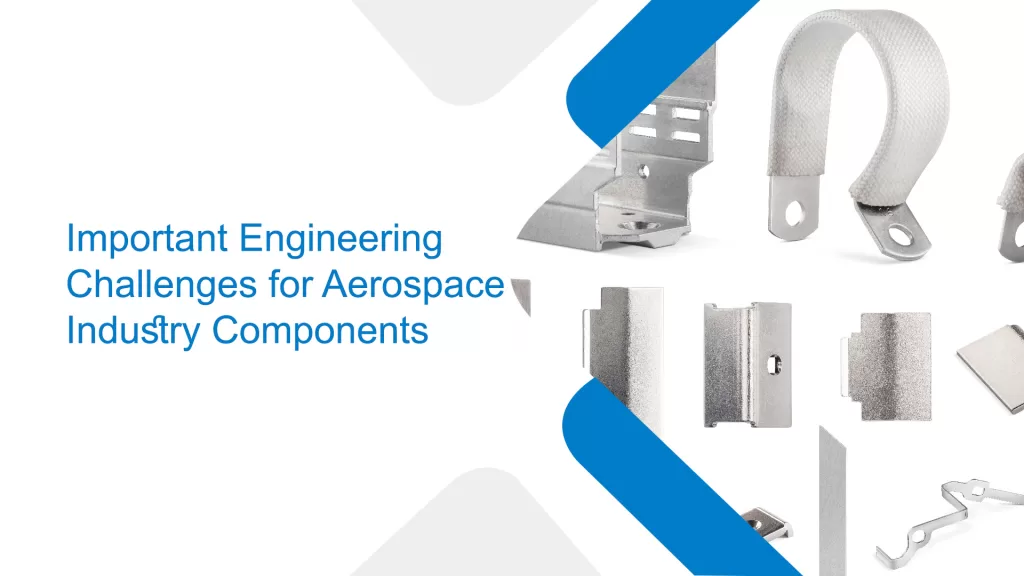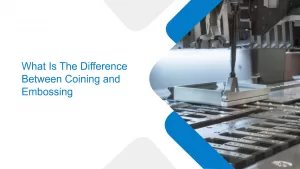Important Engineering Challenges for Aerospace Industry Components
- Aerospace |
- Sep 12, 2024

The aerospace sector is leading the way in technical innovation to fulfill the increasing demands of space exploration, military, and air transportation. Numerous issues still face the aircraft sector.
The industry needs to figure out how to overcome the Aerospace components challenges. The sector faces many engineering issues due to its rapid growth. Here cited are the important engineering challenges for Aerospace industry components:
Particularized human resources and skill enhancement:
The aerospace companies have announced aggressive hiring plans. Since the aerospace business hasn’t been the top destination for technical talent for a long time, it cannot be easy to find specialized engineering skills. Its reputation as an appealing sector was not helped by the epidemic period and the following layoffs.
The problem is wider than the current numbers and requirements and involves the development of specialized skills that will be needed in the future to advance aerospace technologies.
Supply chain vulnerabilities:
The aerospace sector is familiar with supply chain disruption. Global conflicts, resource shortages, increased supply costs, shipping delays, and compliance problems impact supply chains. Therefore, aerospace businesses must consider these factors when developing their long-term goals.
Businesses have started to alter their operations in an attempt to lessen these disruptions to the supply chain. For instance, manufacturing must increase faster due to increased transportation times. Furthermore, more in-house or on-shore choices must be considered because outsourcing slows the process.
Strategies are centered on the need to streamline supply chains and lower additional risks because aerospace supply chains face numerous difficulties. It is the major precision aerospace components challenge. Improved cybersecurity standards, vertical integration, labor upskilling, digital technology, and flexibility are all important factors.
Putting digital transformation plans into practice:
Even after realizing the benefits of deploying digital transformation programs to streamline factory floor operations, OEMs in the aerospace and military industries, including those dealing with OEM automotive wiring connectors, still have difficulty gathering and utilizing shop floor data.
The age of communication components on legacy devices and the challenges associated with creating networked environments are two major obstacles to data extraction.
Smart hardware and other IIoT solutions make data collecting easier, and IIoT platforms offer a setting for in-depth data analysis to understand factory floor operations.
Online safety:
The single greatest threat to the aviation sector is cybersecurity. Why? Because hackers are aware that companies in this industry have a lot of assets, including large amounts of digital assets and high-value data.
Because of this, hackers find them appealing targets because they hunt for weaknesses in the industrial supply chain at every stage. Aeronautics specialists should devote time, money, and resources to the most recent cybersecurity technologies due to the grave threat that cybercriminals offer to privacy and financial gain.
This goes beyond just using antivirus software, a comprehensive safety strategy backed by a cutting-edge ERP system can assist in preserving digital security throughout a convoluted supply chain.
Deficits in skills:
Despite being a high-tech industry, the aircraft manufacturing sector employs several antiquated methods due to the size and experience of its big companies. There is a real risk of a skills shortage endangering productivity and efficiency on manufacturing floors.
Businesses in the industry currently need help finding skilled aeronautic engineers with the necessary practical skills to oversee manufacturing projects. Companies will need to implement successful management initiatives and training programs to provide the future generation with an innovative and progressive work environment.
Scaling production, manufacturing, and optimization:
Raising production rates while preserving quality and flexibility in response to engineering changes is essential. Aerospace companies utilize digital integration and modern manufacturing technology to scale up production.
Optimizing aero engine performance, quality improvement, and cost reduction are continuous issues. Aerospace companies are investing in new technology and manufacturing techniques to reduce costs and improve quality to improve engine performance and efficiency.
Growth in passenger volume:
Passenger numbers are predicted to increase over the next few years, even if the long-term sustainability of air travel is uncertain due to climate change, especially as aviation regulations continue to loosen globally.
What does this signify for the aviation industry? It is necessary to strike a cautious balance between satisfying passenger demand and exhibiting awareness of the climate problem. As the commercial environment appears difficult, firms must adapt to shifting needs. It may be wise to adopt an agile and responsive strategy for this aerospace components challenges in the coming months and years.
Final thoughts:
The aerospace sector needs some of the most exact parts. There is zero tolerance for inaccuracy, and we at Eigen are aware of this. Eigen has maintained a leading position in the rapidly evolving field of aviation technology by anticipating and meeting expectations regularly.
Eigen supplies parts and assemblies for various aircraft applications worldwide, not only in India. Our state-of-the-art machinery and knowledgeable workforce allow us to produce the precision aerospace components needed for aeronautical applications.
Ujjwal handles crucial roles like AGM Marketing, researcher, and is an author for KDDL – Eigen. He currently works with Eigen for implementing proven techniques and strategies for marketing plans on online and offline platforms. An expert in efficiently executing SEO, SEM, email marketing, social media marketing, PR marketing, Print campaigns, etc. Ujjwal has coordinated an efficient marketing team on various creative campaigns and programmatic buying to support various digital cross-promotion efforts. Implement efficient search optimization strategies with the help of collateral material and metrics.
In his former years, Ujjwal has years of experience in a managerial role for several reputed companies. His years of experience combined with the flair of writing help him come up with result oriented strategies for Eigen.




